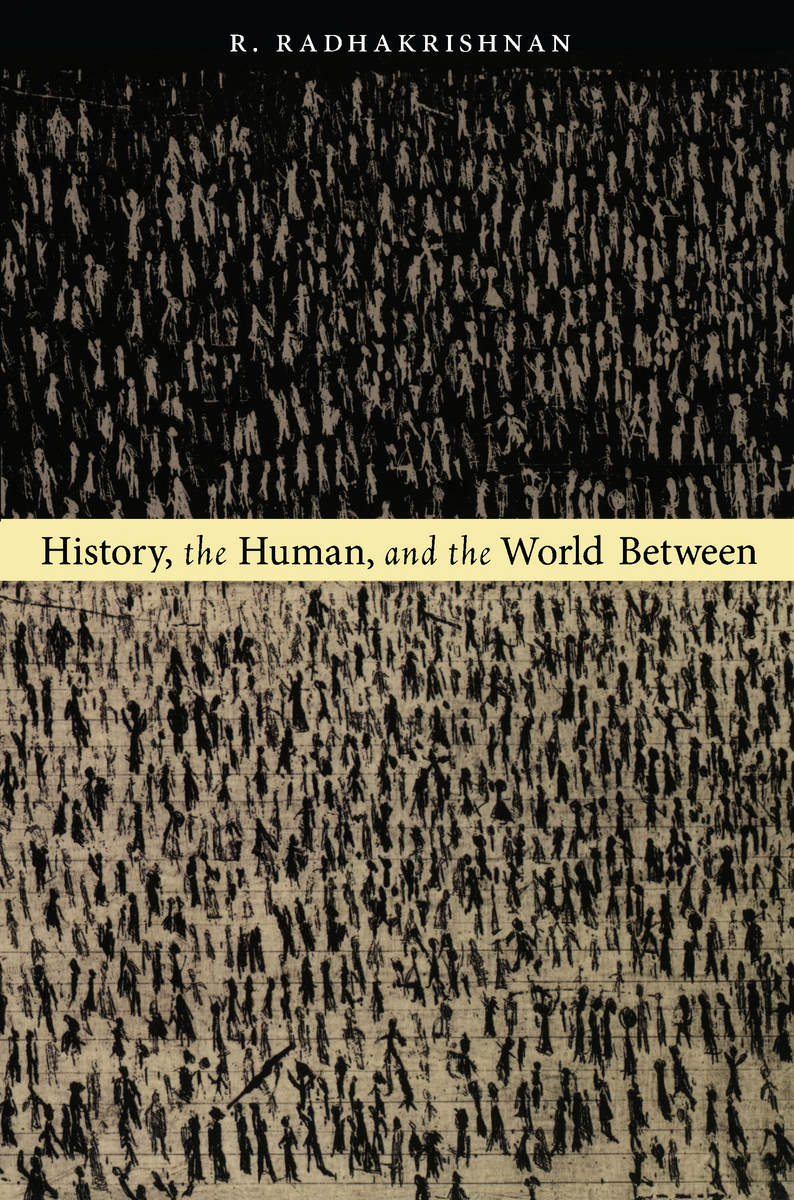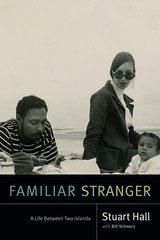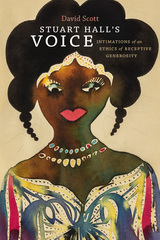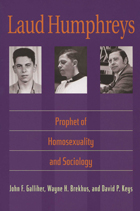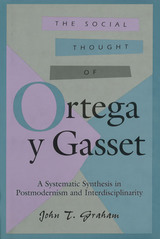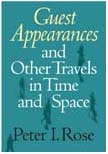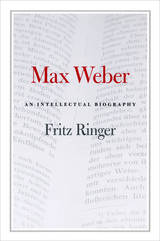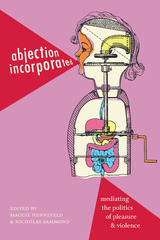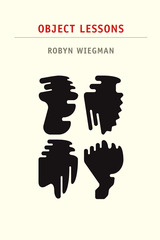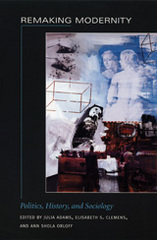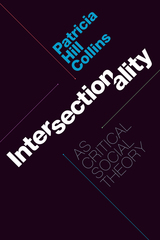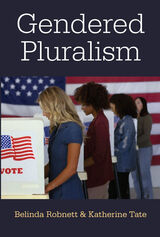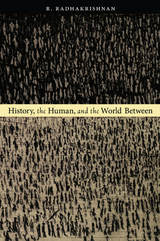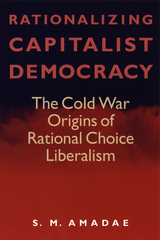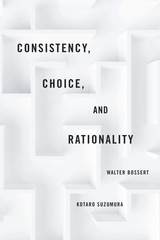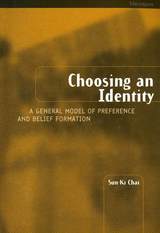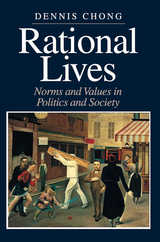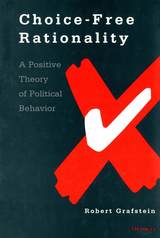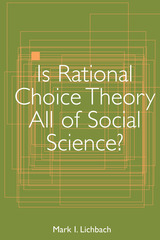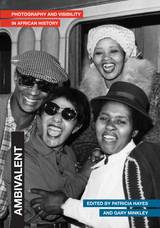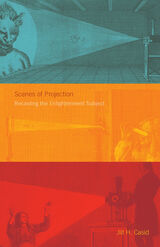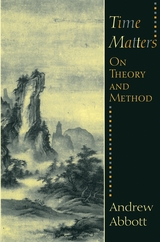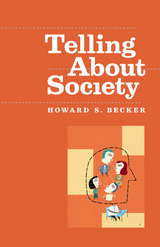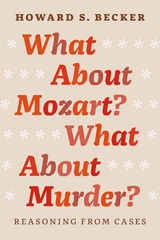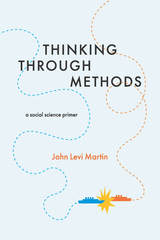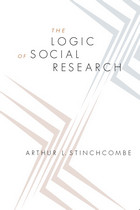Cloth: 978-0-8223-3954-0 | eISBN: 978-0-8223-8930-9 | Paper: 978-0-8223-3965-6
Library of Congress Classification HM494.R33 2008
Dewey Decimal Classification 301
Radhakrishnan develops his rationale of the “between” through three linked essays where he locates the terms “world,” “history,” “human,” and “subject” between phenomenology and poststructuralism, and in the process sets forth a nuanced reading of the politics of a gendered postcolonial humanism. Critically juxtaposing the works of thinkers such as Friedrich Nietzsche, Adrienne Rich, Frantz Fanon, Edward Said, Michel Foucault, Maurice Merleau-Ponty, Martin Heidegger, David Harvey, and Ranajit Guha, Radhakrishnan examines the relationship between systems of thought and their worldly situations. History, the Human, and the World Between is a powerful argument for a theoretical perspective that combines the existential urgency of phenomenology with the discursive rigor of poststructuralist practices.
See other books on: Human | Humanism | Identity (Psychology) | Nature and nurture | Poststructuralism
See other titles from Duke University Press
